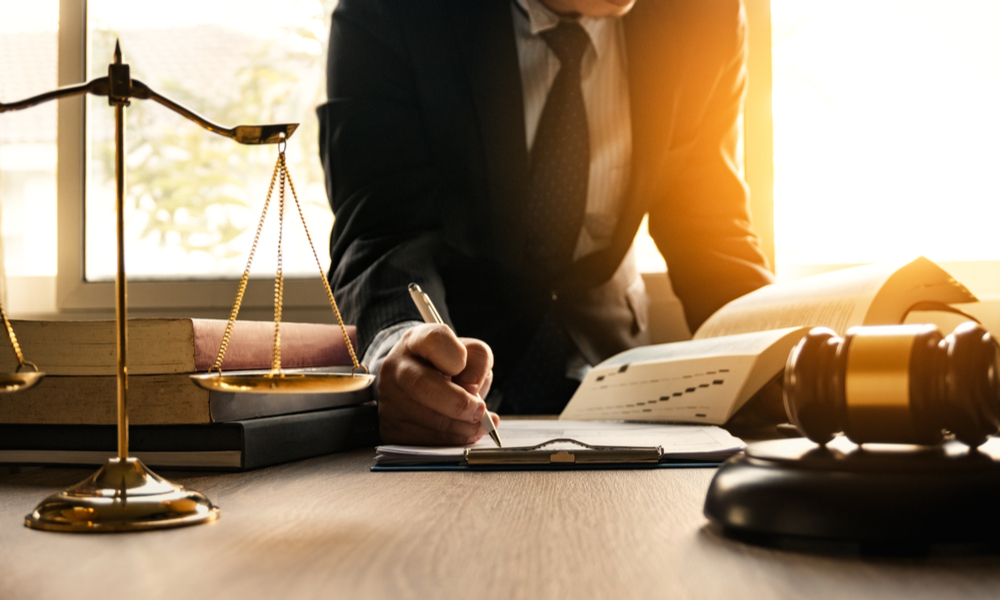When facing allegations or the reality of domestic violence in Virginia, the situation can quickly become overwhelming. We depend on experienced domestic violence attorneys in Virginia to navigate the complex state laws and ensure our rights are protected at every stage. The legal system in Virginia treats domestic violence seriously, so having a knowledgeable legal advocate makes a significant difference.
Whether we are seeking protection, defending against an accusation, or need guidance on restraining orders, skilled attorneys help us understand our options. Their experience ensures that legal procedures are followed and that any evidence is properly considered by the courts. As we explore this topic, it’s clear that the right legal support is critical for anyone involved in a domestic violence case in Virginia.
Understanding Domestic Violence Laws in Virginia
Domestic violence laws in Virginia are structured to protect victims and maintain public safety while ensuring fair legal proceedings. The law covers a range of charges, penalties, and court orders that may affect our rights and responsibilities.
Types of Domestic Violence Charges
Virginia law defines domestic violence as criminal acts committed by one family or household member against another. The Virginia Code recognizes various offenses including assault and battery against a family or household member.
Common charges include:
- Simple Assault: A Class 1 misdemeanor involving threats or minor physical contact.
- Assault and Battery (VA Code § 18.2-57.2): Physical harm or unwanted contact within a domestic context.
- Stalking and Harassment: Includes repeated unwanted contact or threats.
- Malicious Wounding: Severe injury caused intentionally, often charged as a felony.
- Child Abuse and Emotional Abuse: Physical or psychological harm to minors, which may lead to additional charges.
The relationship between the accused and the victim—defined as family or household members—is critical in classifying the offense as domestic. This classification affects the court process and potential outcomes.
Penalties and Legal Consequences
Penalties for domestic violence in Virginia depend on the charge, prior convictions, and the severity of the incident. First-time assault and battery against a family or household member is prosecuted as a Class 1 misdemeanor, punishable by up to 12 months in jail and a fine of up to $2,500.
Subsequent offenses, or incidents involving serious injury or use of a weapon, can be charged as a Class 6 felony. Felony convictions may result in up to five years in prison, higher fines, and a permanent criminal record.
A domestic violence conviction can affect us beyond jail time and fines. It may lead to restrictions on gun ownership, employment difficulties, and loss of child custody or visitation rights. The courts also consider the welfare of any children involved when determining outcomes.
Protective Orders and Restraining Orders
Virginia provides several types of protective orders to safeguard victims. The most immediate is a Preliminary Protective Order (PPO), which can be obtained quickly, often on the same day as the complaint.
A final protective order can be issued after a hearing and may last up to two years, restricting contact, communication, or physical proximity with the alleged victim. These orders can require us to vacate a shared home, grant temporary child custody, and surrender firearms.
Violating a protective order is a serious criminal offense and may result in separate charges, including jail time and heavy fines. Protective orders play a significant role in domestic violence cases, providing safety and legal consequences for noncompliance.
How Domestic Violence Attorneys in Virginia Can Help
Domestic violence attorneys serve critical roles for those facing charges or accusations. We handle legal defense, address false allegations, and guide clients through family law impacts arising from domestic violence cases.
Legal Representation and Defense Strategies
We provide specialized legal representation to navigate the complexities of domestic violence crimes in Virginia. Our approach often involves a thorough review of police reports, witness statements, and physical evidence. By evaluating each aspect of the case, we develop strategies tailored to the unique facts.
A domestic violence attorney may recommend negotiating with prosecutors, filing motions to suppress evidence, or pursuing trial if it is in our client’s best interest. We work to protect our client’s rights throughout each phase—from bail hearings to possible plea bargains—ensuring they understand all available legal options.
For those in Prince William County or elsewhere in Virginia, our team often works closely with local courts and understands how judges handle domestic violence cases. We advise clients on how criminal defense decisions may impact probation, future employment, or housing.
False Accusations and Self-Defense
False accusations of domestic violence are a significant concern in Virginia. We take extra care to gather information, such as text messages, call logs, or witness statements, that may show inconsistencies in the accuser’s statements.
Our defense attorneys focus on presenting facts that support our client’s innocence or demonstrate self-defense. We work to ensure all relevant context is presented, including histories of prior threats or incidents.
When false accusations arise during heated disputes or custody battles, our assault lawyers help clarify misunderstandings before the courts. By highlighting evidence of self-defense, we aim to protect our clients from unfair convictions and preserve their reputations.
Impact on Family Law Matters
Domestic violence can directly affect family law issues like child custody, visitation rights, and protective orders. Our domestic violence lawyers help clients understand how a criminal charge or conviction may influence custody arrangements and other family law matters.
We guide clients through protective order hearings and advise on steps to comply with court requirements. This support is especially important in Prince William County, where local court practices may differ.
Our team also assists with modifying probation conditions, ensuring ongoing legal representation for related family law disputes. By coordinating criminal defense and family law strategies, we help clients safeguard their parental and legal rights.

